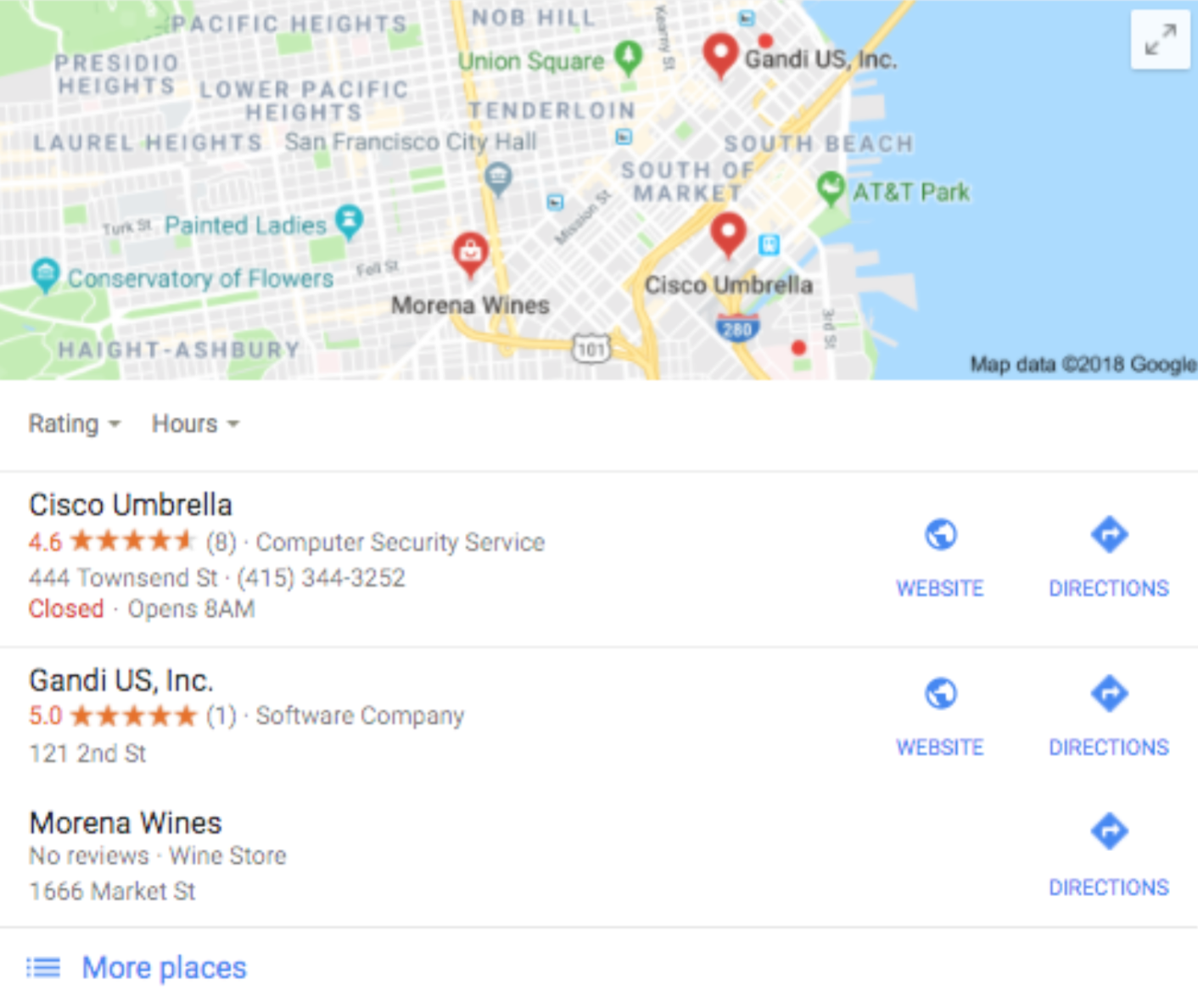One of the foundations of any given SEO campaign is keyword research.
Keyword research typically defines strategy and steers analysis, such as competitor and vertical analysis.
A modern keyword strategy can no longer just take into account the words users type into a search box.
Voice search is becoming an integral consideration of our keyword strategies.
While this has a part to play in how users discover information, voice search is still in its early days and devices like the Amazon Echo will further disrupt user behavior and buying patterns, taking those users away from traditional search, as we know it.
So how do you get your keyword strategy right?
Here are some basic and more advanced tips.
Basic: Understanding Search Volume Data
When deciding on keywords to target, search volume is most likely one of the metrics you’re using in your decision making process.
We can use a number of data sources to get this data, but it’s important that we actually understand and appreciate the data we’re handling.
Historically a lot of SEO pros used the data from Google Keyword Planner to both establish search volume and discover associated keywords.
However, the Keyword Planner tool wasn’t intended for SEO.
The tool is designed for paid advertisers, and has also been limited for accounts without great ad spend.
The data isn’t a purely organic figure and is more indicative of the number of searches in which a paid ad appears.
Google’s AdWords and search teams are, in fact, separate teams.
So knowing all of this, how useful is Keyword Planner as a keyword research tool?
In my experience, it’s limited.
Google’s Keyword Planner doesn’t reveal anything groundbreaking. It can provide some associated keywords and search phrases, but it doesn’t help with longer-tail queries.
Not many advertisers bid on the longer-trail queries, so little to no search volume shows for those.
Tip: Only use Google Keyword Planner as indicative. If the search volume is high, then assume it’s a popular query as there isn’t smoke without fire. However, you shouldn’t choose keywords on search volume alone.
Basic: Understanding Search Intent
Search intent is something that search engines today are able to understand in ways we could have never imagined 10 years ago.
We must acknowledge this and fully understand how it impacts our keyword strategy.
Explaining to a client that ranking for a keyword with a search volume of 4,000 is more beneficial than one with a search volume of 50,000 is no easy task.
But our job isn’t to generate more traffic, or higher rankings – it’s to generate money in the form of sales, leads, brochure enquiries, and so on.
This is where search intent comes into play – as well as understanding that search intent can change over time, or even in an instant due to real world events.
A great example of this (that I used quite a lot) is the keyword [ddos] and the events of the Dyn cyberattack in 2016.
Long story short: a lot of highly-trafficked websites saw downtime, and when mainstream media (and even the White House) came out with statements explaining it was a DDoS attack, the number of people searching for this term rocketed.
Google understood that the new search interest was coming from “the mainstream” and as a result, changed its results to accommodate a less technical audience.
Research Intent
The best way to research the intent behind your chosen keywords is to perform searches for them and look at both the type of results populating Page 1, and the special content result blocks, knowledge panels, and featured snippets that are populating the page.
For queries with ambiguous intent, Google tries to provide a diverse range of results to match multiple common interpretations of the query.
Also, the same query can produce different search engine results pages depending on user personalization (including location and search history).
For a more in-depth analysis of the science behind search intent, read How People Search: Understanding User Intent.
Advanced: Keyword Competition Analysis
Google doesn’t rank keywords in a linear 1 to 10 based on things like backlinks, number of times the keyword appears on the page, and whether the moon is waxing or waning.
Google’s ranking process is a lot more complex and takes into account a plethora of factors including user personalization (such as location and past searches).
When looking at the sites already ranking for the keywords you’re targeting, you need to look at:
- Are the pages being ranked a mixture of content? (commercial, non-commercial, long-form, short-form, tables)
- Does the content lead to supporting content?
- Is the domain primarily focused on commercial or informational content?
- Does the domain represent a brand?
- Is the brand associated with the keyword topic?
- Does the brand actively partake in PR and marketing activities? (not just backlinks!)
From this top-level analysis, you can start to build a campaign for your client site to rank for the target keywords.
Advanced: Local Doesn’t Always Need a Local Modifier
A lot of articles on local SEO focus on the various ranking factors (for both Venice and the Map Pack, which are two unrelated algorithms/processes).
Sometimes it is oversimplified that all local intent queries contain either the location name (with a stop word such as “in” or “near”), or the phrase “near me.”
This isn’t always the case, as Google can make some very strange associations to produce search results pages with elements of localized results.
Always Expect the Unexpected
One of the more obscure examples I’ve found of this weird association game was performing the search [dns] from a San Francisco IP.
In addition to the usual knowledge panel, “People also searched for”, “See results about”, and ajax question loader, Google also chose to present a Map Pack:

On face value, Cisco and Gandi are both software companies so nothing strange there – but Morena Wines?
When investigating, Morena Wines doesn’t even have a website and it isn’t exactly a world-class Google My Business listing.
So why has Google chosen to show a wine store ahead of other tech companies in San Fran?
On the same street as Morena Wines is the head office for another wine company, DNS Wines. So we can assume that DNS + San Fran local has triggered an association, and based on the geographic location of the IP the Morena wines store is closer than the DNS Wines office.
While this is a very obscure example, less obscure ones do creep into search results – especially if the query is deemed as lower search volume (if a query has low search volume and isn’t seen by as many people, it’s more likely that obscure results will appear).
Google sees intent as “interpretations”, and a search phrase can have a single dominant interpretation, such as [seo agency leeds] or [washington nationals], or it can have multiple common interpretations, such as [baseball]. A user could be looking for information on how to play the game, MLB teams, or current scores.
Conclusion
It’s time to stop talking about keywords in volumes, but in terms of intent and how valuable they are to the business.
SEO is complex and there is no one-size-fits-all strategy, but there are good practices that can be implemented to provide consistent results.
So it’s important that we educate and inform our clients about a modern keyword strategy and explain why things are good (or bad) ideas.
More Keyword Strategy Resources:
- Keyword Research: An In-Depth Beginner’s Guide
- Long-Tail SEO Strategy: Why & How to Target High-Intent Keywords
- How to Use Semantic SEO for Higher Rankings
Image Credits
Screenshot taken by Dan Taylor, February 2018




